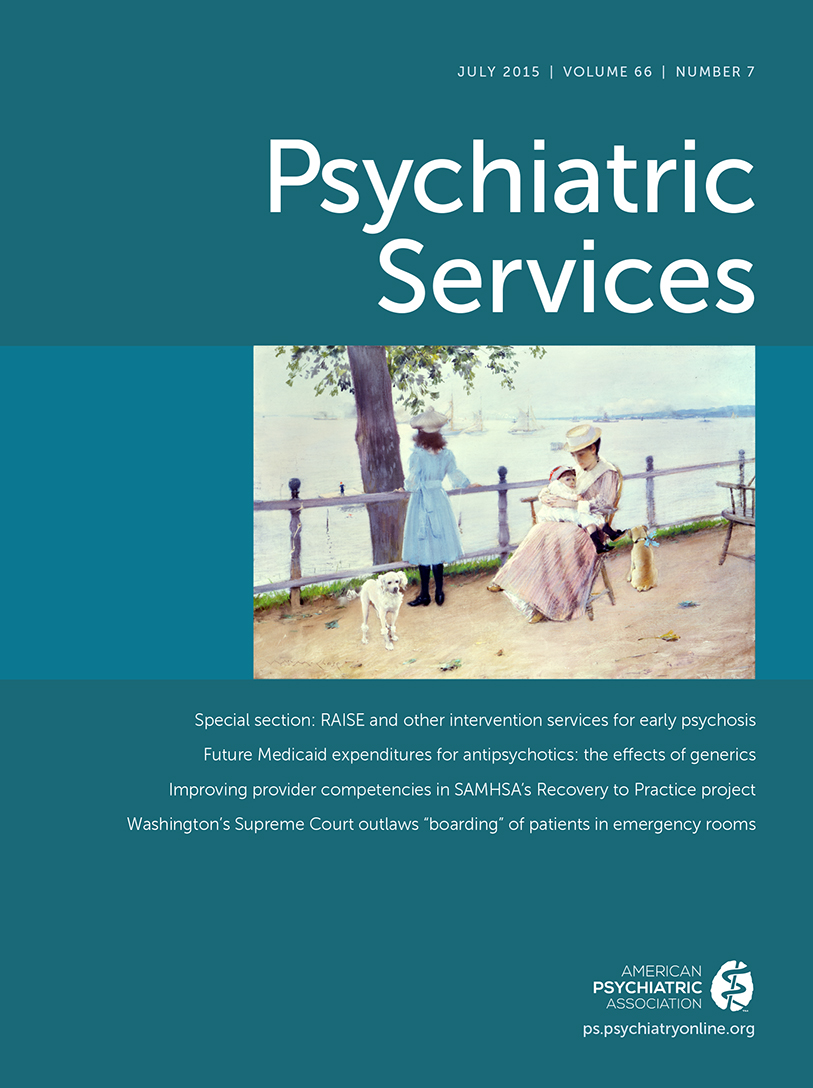Relationship Between General Illness and Mental Health Service Use and Expenditures Among Racially-Ethnically Diverse Adults ≥65 Years
Abstract
Objectives:
The association of general medical illness and mental health service use among older adults from racial-ethnic minority groups is an important area of study given the disparities in mental health and general medical services and the low use of mental health services in this population. The purpose of this report is to describe the impact of comorbid general medical illness on mental health service use and expenditures among older adults and to evaluate disparities in mental health service use and expenditures in a racially-ethnically diverse sample of older adults with and without comorbid general medical illness.
Methods:
Data were obtained from the Medical Expenditure Panel Survey (years 2004–2011). The sample included 1,563 whites, 519 African Americans, and 642 Latinos (N=2,724) age ≥65 with probable mental illness. Two-part generalized linear models were used to estimate and compare mental health service use among adults with and without a comorbid general medical illness.
Results:
Mental health service use was more likely for older adults with comorbid general medical illness than for those without it. Once mental health services were accessed, no differences in mental health expenditures were found. Comorbid general medical illness increased the likelihood of mental health service use by older whites and Latinos. However, the presence of comorbidity did not affect racial-ethnic disparities in mental health service use.
Conclusions:
This study highlighted the important role of comorbid general medical illness as a potential contributor to using mental health services and suggests intervention strategies to enhance engagement in mental health services by older adults from racial-ethnic minority groups.



